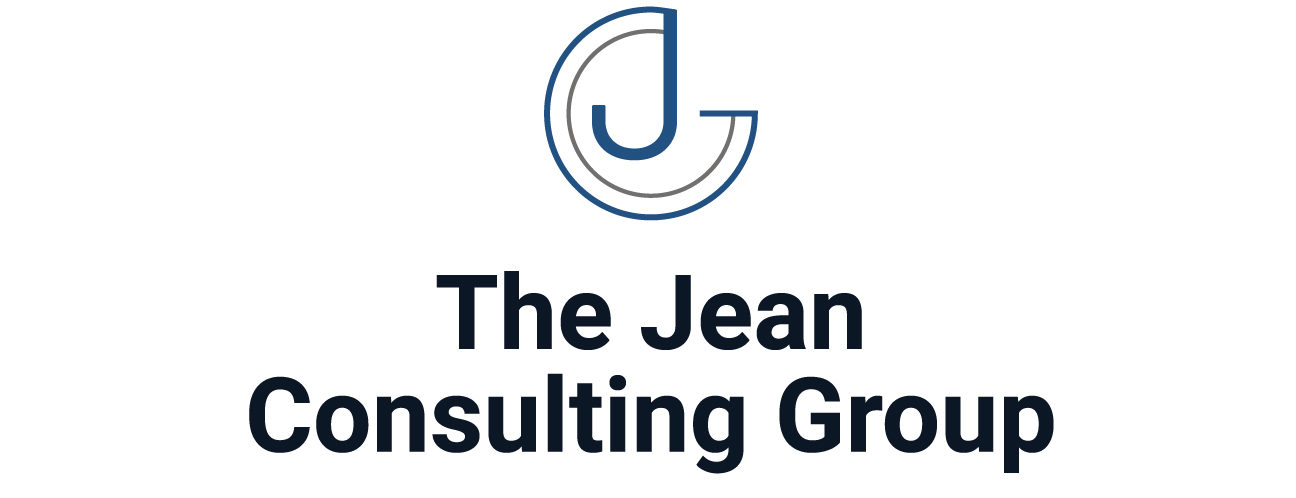In today’s global marketplace, the emphasis on fair practices and diversity within the workplace has never been more pronounced. Organizations are increasingly recognizing the value of creating inclusive environments that respect and celebrate differences among employees. Regulatory compliance counsel plays a pivotal role in guiding businesses through the complex landscape of laws and regulations governing fair practices and diversity. This article explores how organizations can use regulatory compliance counsel to advocate for diversity and ensure fair practices, thereby fostering a more inclusive and equitable workplace.
Ensuring Fair Practices through Compliance Oversight
Fair practices in the workplace encompass a broad range of policies and procedures designed to ensure equitable treatment of all employees. Regulatory compliance counsel is instrumental in establishing these practices by advising on legal requirements and best practices.
- Anti-Discrimination Policies: Compliance counsel helps organizations develop and implement robust anti-discrimination policies that comply with local, national, and international laws. These policies serve as the foundation for a workplace that respects and protects the rights of all employees, regardless of race, gender, age, disability, or any other protected characteristic.
- Wage Equity and Transparency: Counsel can guide organizations in conducting wage equity analyses to identify and correct pay disparities. By ensuring transparency in compensation practices, businesses can demonstrate their commitment to fairness and equity, which is critical for attracting and retaining a diverse workforce.
- Harassment Prevention: Regulatory compliance counsel advises on creating effective harassment prevention policies and training programs. These initiatives are essential for maintaining a safe and respectful workplace where all employees can thrive.
Advocating for Diversity through Strategic Initiatives
Diversity advocacy involves promoting a culture that actively seeks to include and value the varied perspectives and backgrounds of all employees. Regulatory compliance counsel supports these efforts by ensuring that diversity initiatives are not only well-intentioned but also legally sound.
- Diversity and Inclusion (D&I) Programs: Counsel can help organizations design and implement D&I programs that are both impactful and compliant with equal opportunity laws. This includes advising on recruitment practices, promotion criteria, and professional development opportunities that enhance diversity at all levels of the organization.
- Supplier Diversity: Beyond internal policies, regulatory compliance counsel can assist businesses in developing supplier diversity programs. These programs extend the organization’s commitment to diversity and inclusion to its broader economic ecosystem, supporting minority-owned and women-owned businesses.
- Accessibility and Accommodation: Ensuring that the workplace is accessible to employees with disabilities is both a legal requirement and a critical aspect of diversity advocacy. Compliance counsel advises on necessary accommodations and accessibility measures, promoting an inclusive environment for all employees.
Conclusion
The role of regulatory compliance counsel in promoting fair practices and diversity advocacy is crucial for modern businesses. By providing expert guidance on legal requirements and best practices, counsel helps organizations create workplaces that are not only compliant but also genuinely inclusive. Through strategic initiatives and policies, businesses can foster an environment where diversity is celebrated, and all employees are treated with fairness and respect. This commitment to diversity and fair practices not only enhances the organization’s reputation and employee satisfaction but also contributes to its overall success in a competitive global market.




